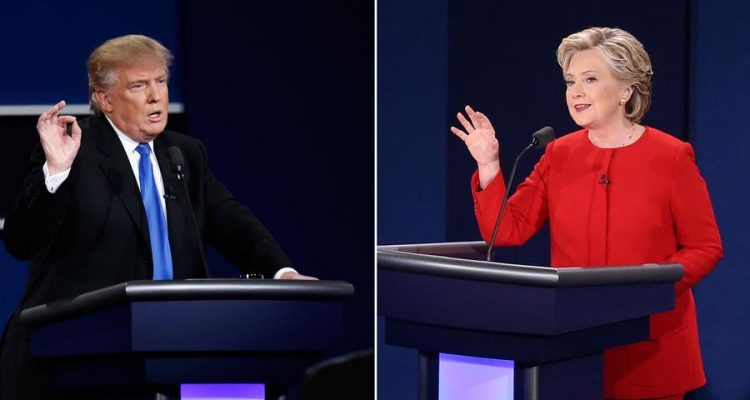As we approach Election Day, most people know if they will be casting their vote and whom they will be voting for to become the next president of the United States. Overall, the election season was wrought with rhetoric and vitriolic statements made by both sides, not only by the presidential candidates, but also by the general public. Therefore, we have hit a point where many people have stopped wanting to talk about which candidate they are voting for and many people will not openly acknowledge if their views align with a particular candidate. As a result, one question that has appeared in previous elections is raised again: How personal is the question, “Whom are you voting for?” For me, the question deserves to be examined because while I do not think that anyone is entitled to know how someone else is voting, I believe that discussing the 2016 Presidential Election or any other election should not be a taboo topic.
It is crucial that we do not confuse having discussions about politics with invading another’s privacy. It may be evident which side we lean toward and whom we will vote for once we start expressing our views, but by eliminating conversation all-together, we threaten our potential growth and our ability to develop educated, well-rounded thoughts. We should not immediately take offense if someone inquires as to whom we plan to vote for on Tuesday. Rather, if we are granted the opportunity to enter into this type of dialogue, we should be open to discussing the “who” and “why” of our vote without the fear of judgment or disdain.
Typically, most people who ask others who they are voting for are more interested in the why and are not asking with the intent of harassing anyone. However, the climate of our current election season has instilled that occasionally valid fear, as well as made people weary of the subsequent arguments that arise when people are on opposing sides. Simply put, if we allow ourselves to be fearful of differing opinions, then we will not be able to develop and evolve our own views and understand why we hold certain values. Moreover, no matter how enraged someone’s view might make you, keep your tone civil. There is no need to ask the question, “Whom are you voting for?” with malice or disdain. Doing so not only prevents our society and culture from expanding and sharing new thoughts, but also stands in direct contrast to the freedom of speech that we are so fortunate to enjoy.


Leave a Reply